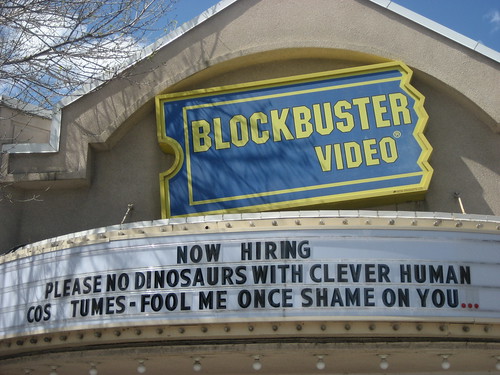 Unreasonable Men: Theodore Roosevelt and the Republican Rebels Who Created Progressive Politics
Unreasonable Men: Theodore Roosevelt and the Republican Rebels Who Created Progressive Politics by
Michael Wolraich
My rating:
3 of 5 stars
This is essentially a history of progressives and conservatives in conflict from 1904 to 1912. It is framed in a popular style--each section opens with a narrative vignette before it gets to policy disputes. And mixed in with the policy is a whole lot about personalities.
And the personalities are gigantic. The "B-team" are progressives like Beveridge and Dolliver, journalists like Lincoln Steffens, and leaders of the conservative wing like Aldrich and Cannon get a fair share of time. But the big three are Taft, Roosevelt and La Follette.
Roosevelt is interesting, and in this account not necessarily in the way he thought he was. He was a man who talked loudly about "speaking softly" and his big stick was more for show than swinging. As president he would use the bully pulpit in style but settle for a compromise--often effective, sometimes tepid. But behind the scenes he was not a politician and loathed people who fought harder than he did.
La Follette was one of them. His strategy when faced with an obstacle seemed to be to run into as fast as he could, and when he bounced off it to assume it was probably weakened and try again. Because he embodied the spirit of the time, though, he was surprisingly effective. He railed against the rich and corrupt, the backroom deals, the political machines. In the pre-internet age he would literally read shipping rate schedules in his speeches to let people know how they were being treated by railroads. He would go to rallies for Republicans in Wisconsin and his hosts would sneak out the back as he got the crowd outraged about their votes on bills.
If La Follette was a man of the time, Taft was the one left behind. A loyal functionary who thought the way to get ahead was to do deals with "responsible" leaders like Aldrich and Cannon, he leaned on them even as La Follette and his allies finally succeeded in breaking their power. Taft is sincere and humane, conservative in temperament more than in policy. But because he had no power base except the conservatives it didn't matter. He failed to accomplish much but what he tried alienated the reformers completely.
The presidential election of 1912 saw an end to this era. Roosevelt, smarting from the personal affronts as much as the political, decided he was a radical progressive as well and opposed Taft for the presidency; La Follette made on of his few bad mis-steps, melting down in frustration as he was shunted aside by the re-invented Roosevelt. Woodrow Wilson won the election and the progressive era of the Republicans basically ended.
A good book all around. Doubly recommended for anyone in a mood to take a break from current politics and read and see the moneyed interests actually lose a few rounds.
 Terrier by Tamora Pierce
Terrier by Tamora Pierce
















